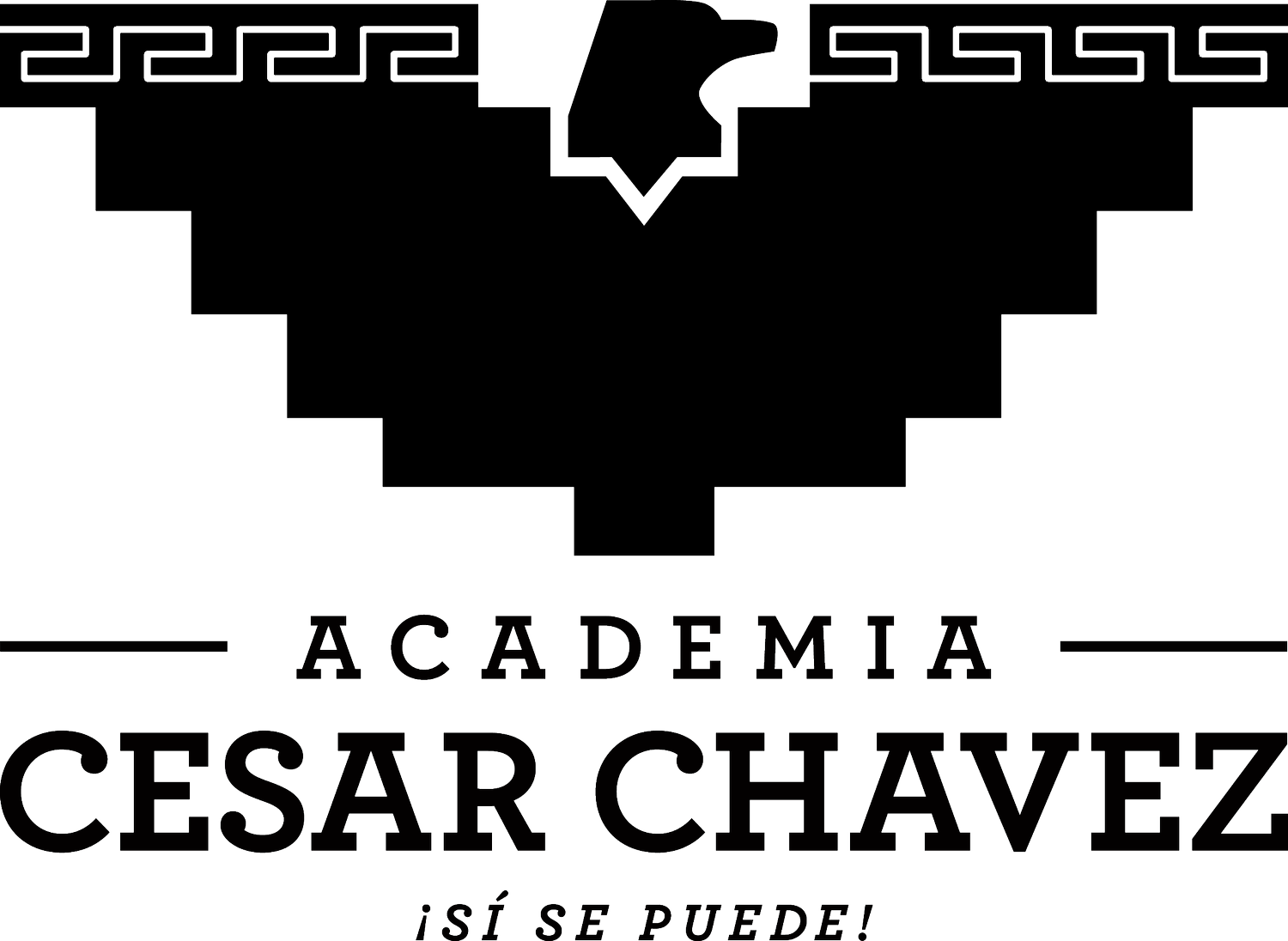Discipline Model
Academia Cesar Chavez utilizes a restorative model for student engagement. At its core, restitution is about “making it right,” encouraging students to acknowledge any mistakes, repair what needs to be repaired, learn from the experience, and return to the group strengthened. Embracing these restorative justice practices not only promotes an asset-based lens and fosters prosocial development, it also builds critical analysis in the reflective process: What can you learn from this mistake? What lessons can you take from this to move forward and grow?
Research has repeatedly shown that when students and teachers treat one another with respect, the environment for learning improves and test scores go up. Through our student-centered program, we utilize an innovative approach to discipline commonly known as Restitution. Restitution teaches students self-discipline and skills needed to accept personal responsibility for one’s actions. By recognizing that students will make mistakes, and focusing on how they can correct those mistakes, restitution prioritizes restorative solutions over punishment. Whereas traditional discipline programs rely on a system of reward and punishment, restitution is based on the principles of Dr William Glasser’s Control Theory (also known as Choice Theory) of internal motivation. Through this prosocial approach, students and staff collaboratively grow a caring, prosocial community featuring problem-solving strategies students can use for a lifetime.
At ACC, the Student Engagement Team supports the school community in living this model in the day-to-day, assisting students in internal self-evaluation and reflection to repair and build a common understanding together, focusing on the creative part of self-discipline as the key to a constructive, human approach to guiding students. This model also promotes self-reflection with the teacher as well.
The restitution model in operation can be illustrated by: instead of immediately issuing a behavior referral or detention slip for misbehavior in the classroom, staff will ask the student “what do you need?” or help them process the situation so they can answer the question of “what can we learn from this mistake?” Instead of focusing on external rewards and punishments to teach children, restitution is based on the understanding that for true learning to occur, the process that children must engage in is an internal one. Without a child looking inside themselves, considering their own values and the person they want to be, too often the focus is kept on pleasing others or avoiding consequences instead of doing things for the right reasons. This process helps our students to become motivated, independent thinkers, and self-disciplined problem solvers, both inside and outside of the classroom.
For example: If a student needed support from Student Engagement during a particular class, the Student Engagement Specialist will then follow up with the teacher to see if they are ready for said student to return to class, which they may very well not be, needing a few more minutes to prepare. During particularly trying moments, a teacher might request a Student Engagement Specialist to step into the classroom and support the group, while the teacher takes a moment to self-regulate.
